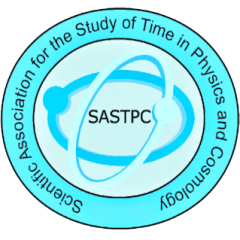“Our aim is that we’ll have a clock that, during the entire age of the universe, would not have lost a second.”

Maybe its because we don’t understand time, that we keep trying to measure it more accurately. But that desire to pin down the elusive ticking of the clock may soon be the undoing of time as we know it: The next generation of clocks will not tell time in a way that most people understand. The new clock will keep perfect time for 5 billion years.

Strontium atoms floating in the center of this photo are the heart of the world’s most precise clock. The clock is so exact that it can detect tiny shifts in the flow of time itself. (Credit: Ye group, Brad Baxley/JILA)
“My own personal opinion is that time is a human construct,” says Tom O’Brian. O’Brian has thought a lot about this over the years. He is America’s official timekeeper at the National Institute of Standards and Technology in Boulder, Colorado.
To him, days, hours, minutes and seconds are a way for humanity to “put some order in this very fascinating and complex universe around us.”
via npr


1 Comment